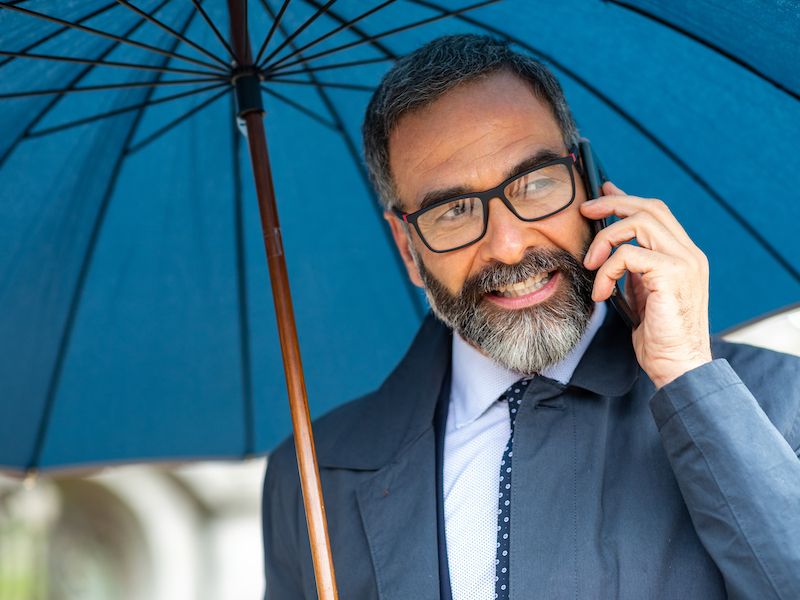
John’s been having difficulty hearing at work. But he thinks it may be everyone else not speaking clearly. He thinks that you should be older to wear hearing aids, so he hasn’t scheduled a hearing test and has been avoiding a hearing test. Unfortunately, he’s been doing considerable damage to his ears by turning up on his earbuds. So, unfortunately, his denial has stopped him from seeking out help.
But John’s perspective is older than he believes. Loss of hearing doesn’t carry the stigma that it once did. While in some groups, there’s still a stigma about hearing loss, it’s far less pronounced than it was in the past, especially among younger generations. (Isn’t that ironic?)
What Are The Problems With Hearing Loss Stigma?
The cultural and social connections with loss of hearing can be, to put it simply, untrue and not helpful. Loss of vitality and aging are oftentimes associated with hearing loss. The anxiety is that you’ll lose some social status if you disclose you have hearing loss. Some may think that hearing aids make you look old or not as “cool”.
This problem might be thought of as inconsequential and not connected to reality. But for individuals who are trying to deal with hearing loss there are some very genuine repercussions. Here are some examples:
- Relationship setbacks (Your not just tuning people ot, you just can’t hear them very well).
- Occupation obstacles (Maybe you were attending a meeting and you missed some significant information).
- Putting of on hearing loss management (causing needless struggling and poor outcomes).
- Difficulty finding employment (it’s unfortunate, but some people may be prejudiced against hearing loss even if it’s not entirely legal).
This list could go on for quite some time, but at this point you probably get the idea.
Thankfully, changes are taking place, and It seems like the stigma of hearing loss is truly going away.
The End of Hearing Loss Stigma
This decrease in hearing loss stigma is occurring for several reasons. Population demographics are changing and so is our relationship with technology.
It’s Becoming More Common For Young Adults to Have Hearing Loss
Younger adults are dealing with hearing loss more often and that could certainly be the number one reason for the decrease in the stigma connected to it.
Most statistical research put the number of people who have hearing loss in the U.S. about 34 million, which translates into 1 out of every 10 people. There are too many factors that cause this for us to entering into here (noise from many sources seems to be the biggest problem), but the main point is that loss of hearing is more common now than it ever has been in the past.
There’s more discussion and understanding about hearing loss as it becomes more widespread.
We’ve Become More Accustomed to Technology
Perhaps you were worried that your first pair of hearing aids would make you look old so you resisted using them. But nowadays, technology is so pervasive that hearing aids almost entirely blend in. No one really even is aware of them. In many cases, newer hearing aids are small and discrete.
But often hearing aids go unobserved because these days, everyone has something in their ears. Technology itself is simply so prevalent (and individual) that no one bats an eyelash when you’ve got a small piece of helpful technology yourself.
An Overdue Shift in Thinking
There are other reasons why hearing loss has an improved image these days. In recent years, loss of hearing has been portrayed with more accuracy (and more humanity) in popular culture, and several prominent celebrities have come out with their own hearing loss truths.
The more we see hearing loss in the world, the less stigma there will be. Now, of course, we want to stop loss of hearing in every way that we can. The ideal would be to change the trends in youth hearing loss while battling against hearing loss stigma.
But at least as the stigma fades, more people will feel comfortable making an appointment with their hearing care specialists and getting frequent screenings. This will help enhance overall hearing health and keep everybody hearing better longer.